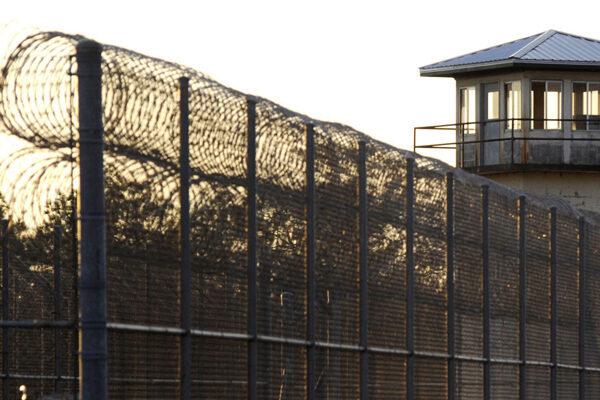State officials in Alabama rejected parole for 90% of eligible inmates last fiscal year, according to reports released by the Alabama Bureau of Pardons & Paroles (ABPP).
The ABPP provides services to the Alabama Parole Board but remains a separate entity. It also supervises everyone on parole and probation in Alabama, currently around 44,000 people.
In fiscal year (FY) 2022, the ABPP denied 3,593 of the 4,002 prisoners who went through parole hearings. FY 2022 lasted from October 2021 to September 2022.
The parole denial rate in the state has steadily risen since 2019 when state officials denied 69% of prisoners who went through parole hearings. In FY 2020, the ABPP denied 80%, and in FY 2021, it denied 85%.
Only 30% of the parole board's decisions matched parole guidelines adopted in July 2020. However, the ABPP warned that the guidelines have not yet been validated due to a lack of data. Therefore, the guidelines "do not indicate an individual's likelihood to be successful if paroled."
If followed strictly, the guidelines would have resulted in 81% of the prisoners who went through parole hearings being granted parole.
A vast majority of the prisoners who went through parole hearings were male. However, a smaller percentage of females were denied. Only 70% of females were denied, whereas 92% of males were denied.
Most approved for parole were nonviolent criminals, but 33% committed violent offenses.
One of the inmates approved for parole was noted to have "unacceptable compliance" with the required programs. Four more who were approved made "no reasonable effort" to comply.
ABPP executive director Cam Ward told 1819 News that the data might be misleading. There are other factors that contribute to the decline in the parole approval rate, such as the percentage of the prison population that are violent criminals and changes in the law that make comparing numbers before and after 2019 difficult.
"Any time you try to look at criminal justice on a spreadsheet, it doesn't work out," Ward said. "It's not necessarily revealing like it should be."
Ward said that around 10 years ago, only roughly 60% of criminals used to be violent. The rest were in prison for nonviolent offenses. This number changed when the state started "dealing" with nonviolent offenders around 2014.
According to Ward, the state's inmate population is now over 80% violent offenders, who are less likely to get approved for parole for obvious reasons.
Moreover, Alabama Gov. Kay Ivey signed legislation to alter the parole process after officials charged Jimmy O'Neal Spencer, an inmate released on parole, with killing three people. Among them was a 7-year-old and his grandmother.
Under the law, inmates convicted of certain violent crimes are ineligible for parole until they serve 85% of their sentence or 15 years, whichever is less. The law also requires that one member of the parole board be a law enforcement officer. The law went into effect in September 2019.
"I'm not going to get into whether or not [the parole board's] decisions are correct or wrong," Ward said. "That's the board's legal discretion. However, I think that by using just a spreadsheet's data analysis, it's apples and oranges.
In a statement sent via email to 1819 News, Alabama Attorney General Steve Marshall took a tougher approach.
"By law, the paramount duty of the board is to ensure public safety, not to appease the anti-incarceration community," Marshall wrote. "Alabama's inmate population is over 80% violent, and current parole rates rightfully reflect that reality."
To connect with the author of this story, or to comment, email will.blakely@1819news.com or find him on Twitter and Facebook.
Don't miss out! Subscribe to our newsletter and get our top stories every weekday morning.










